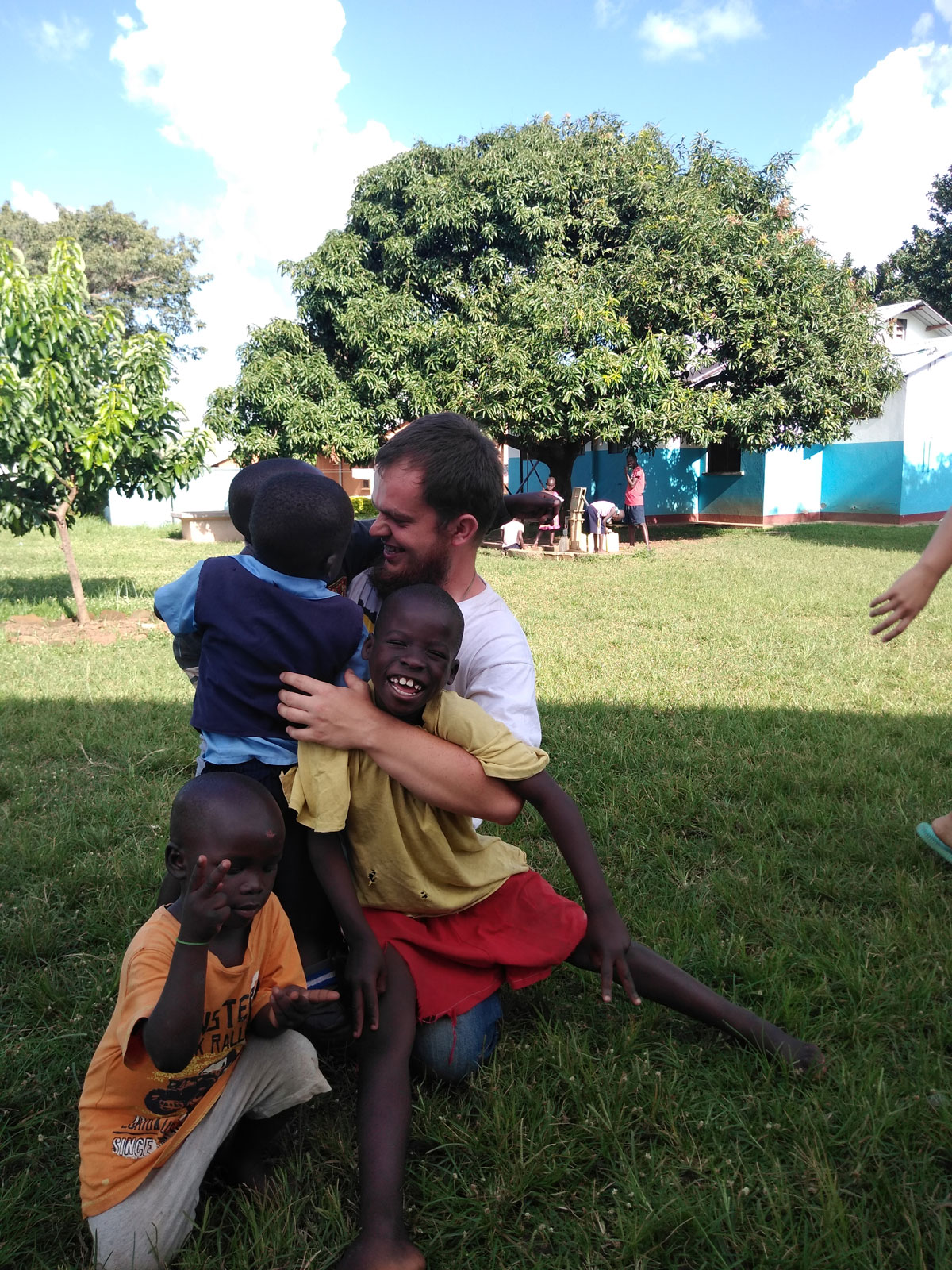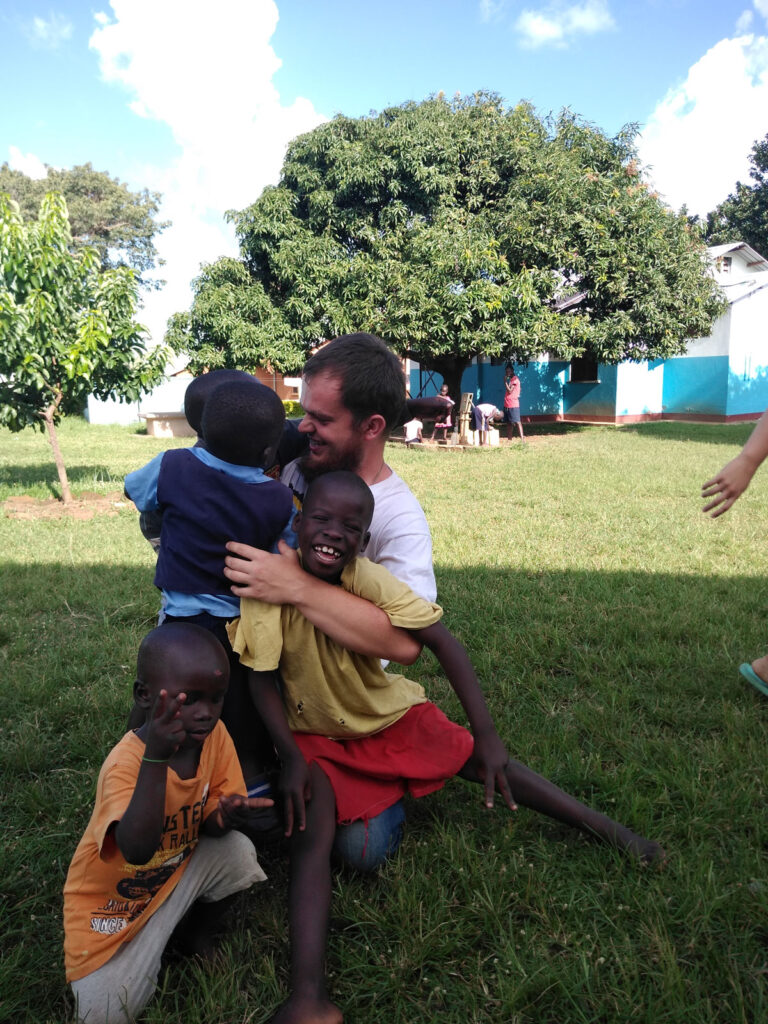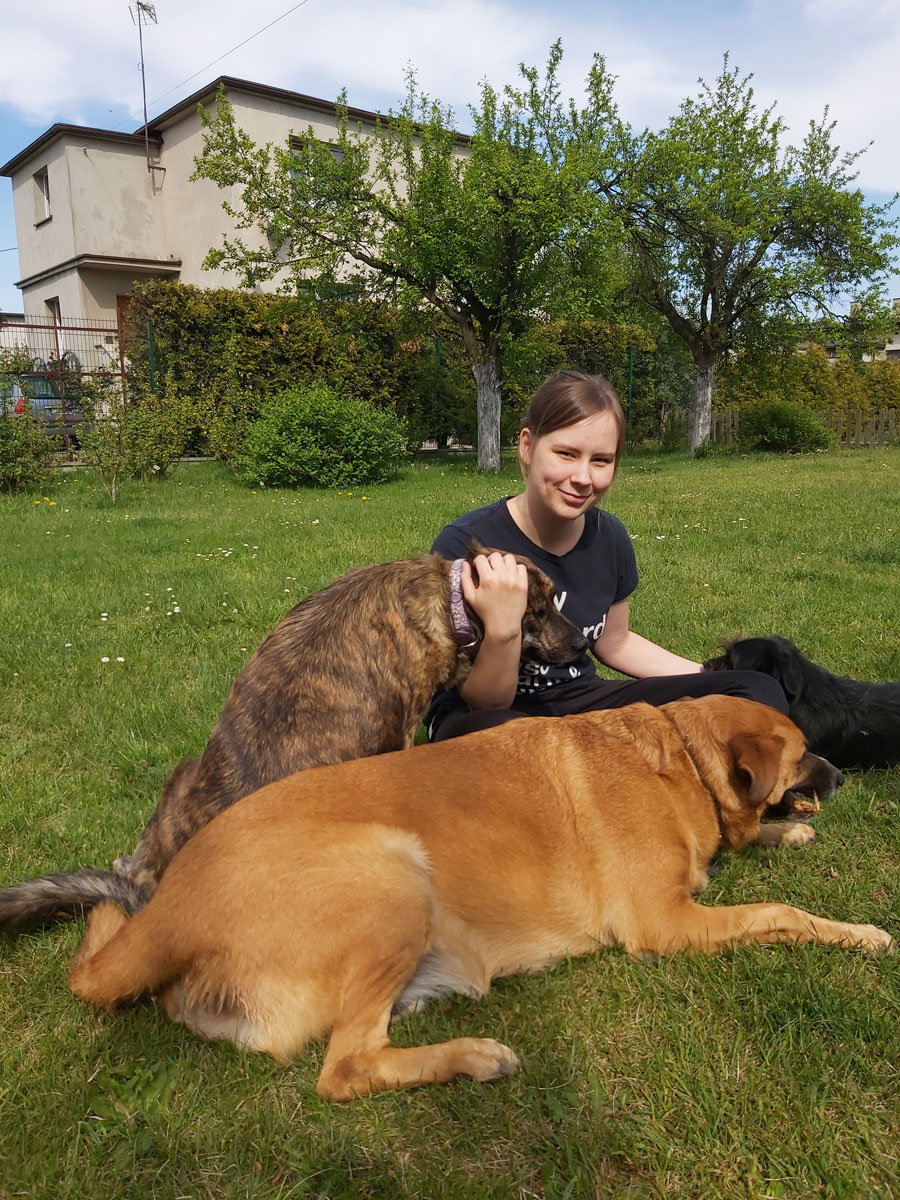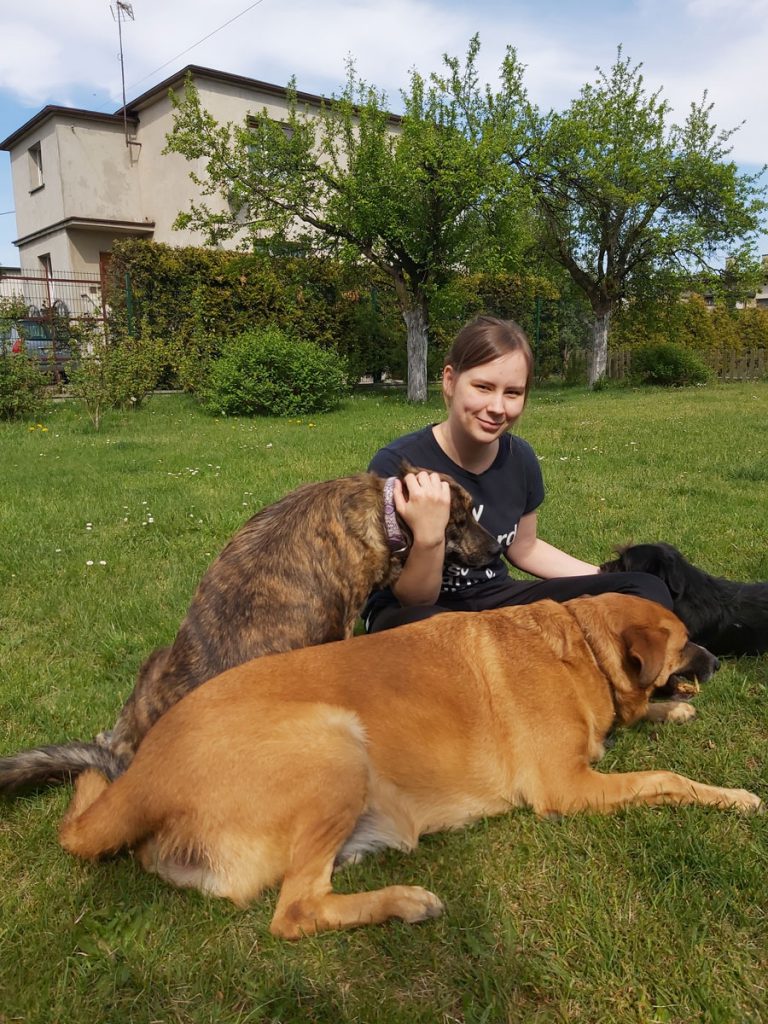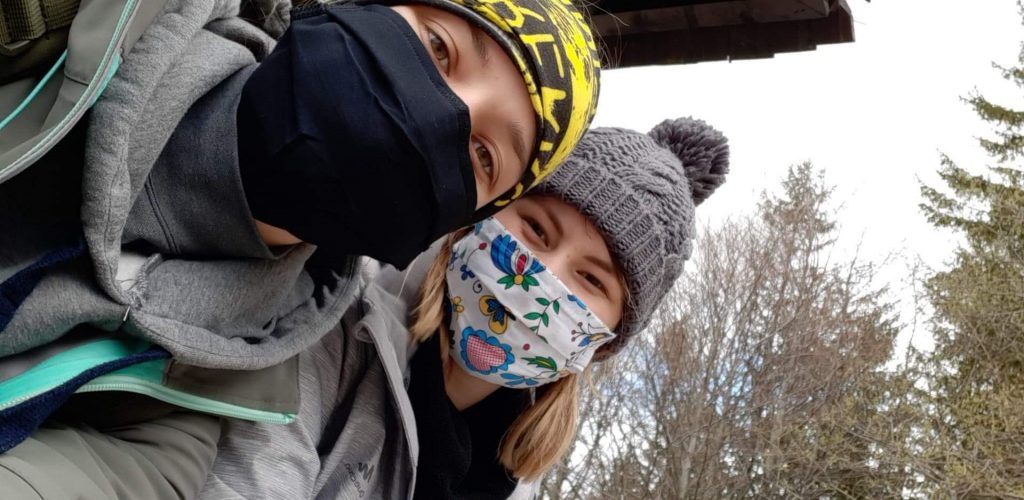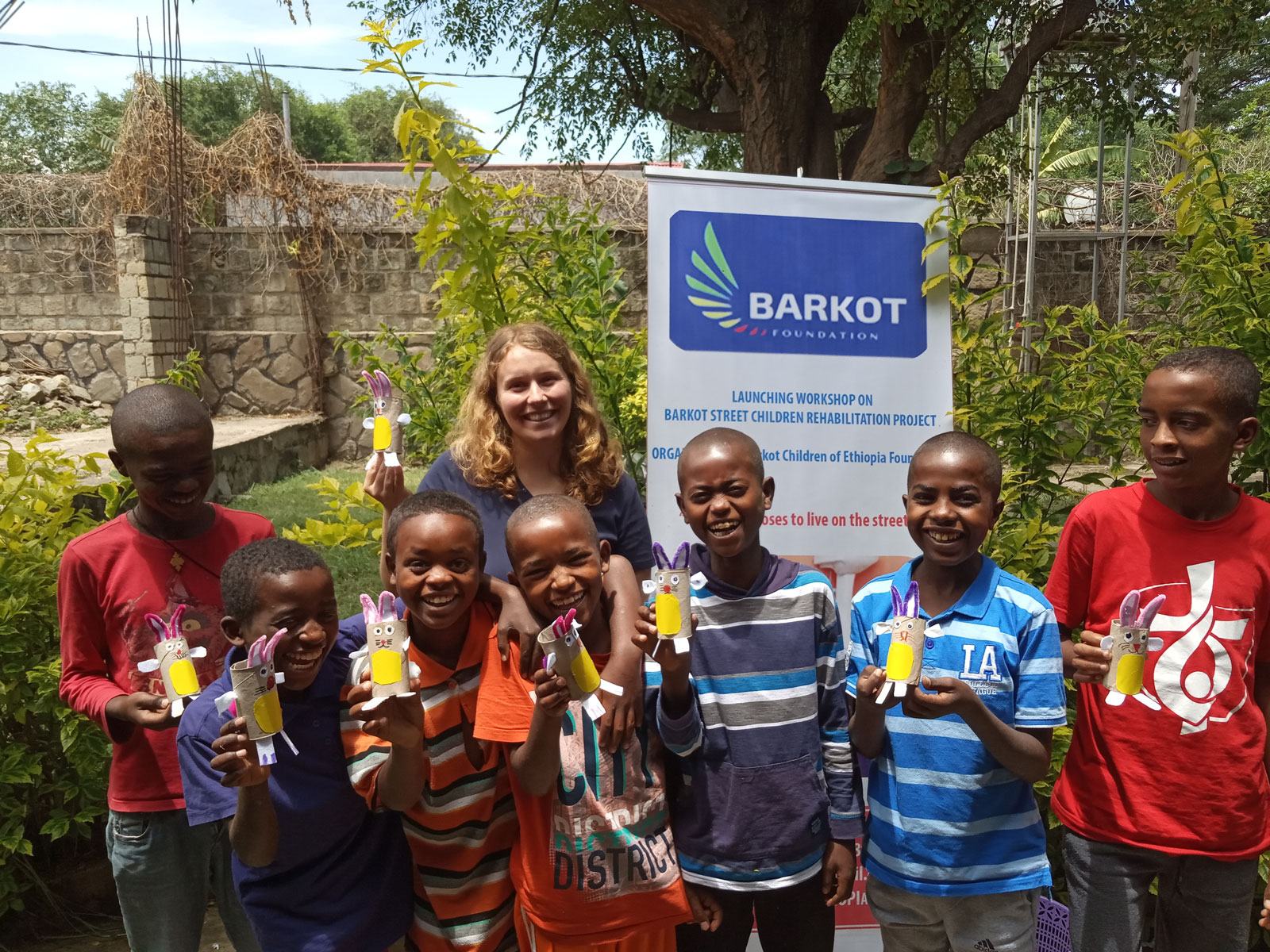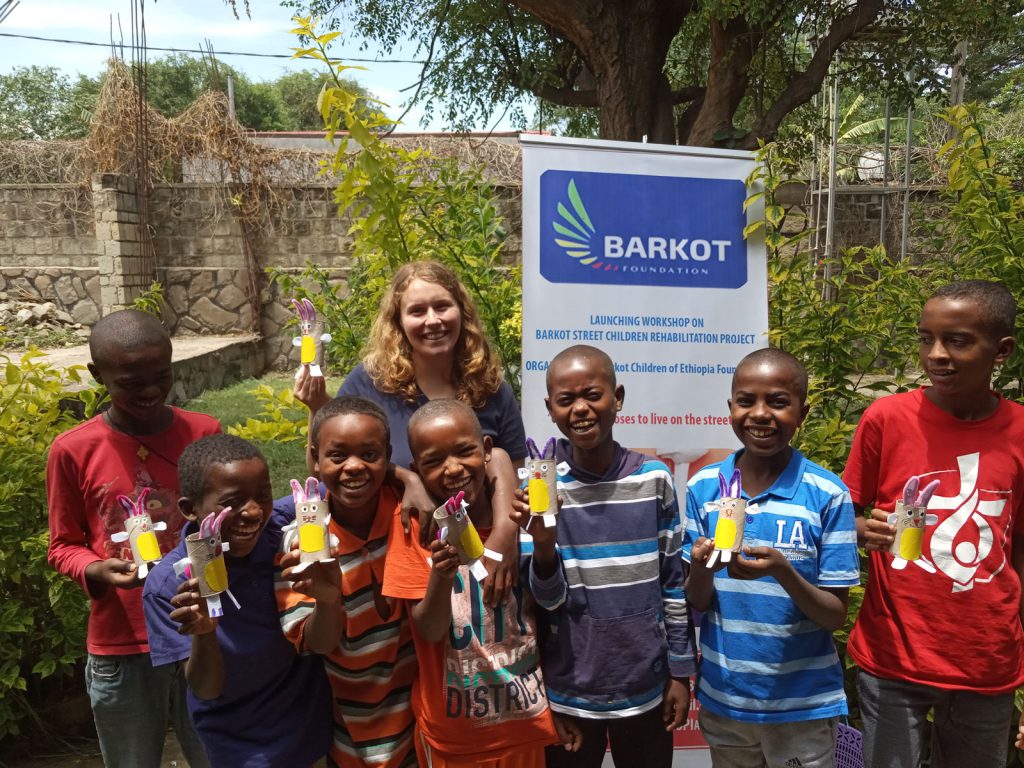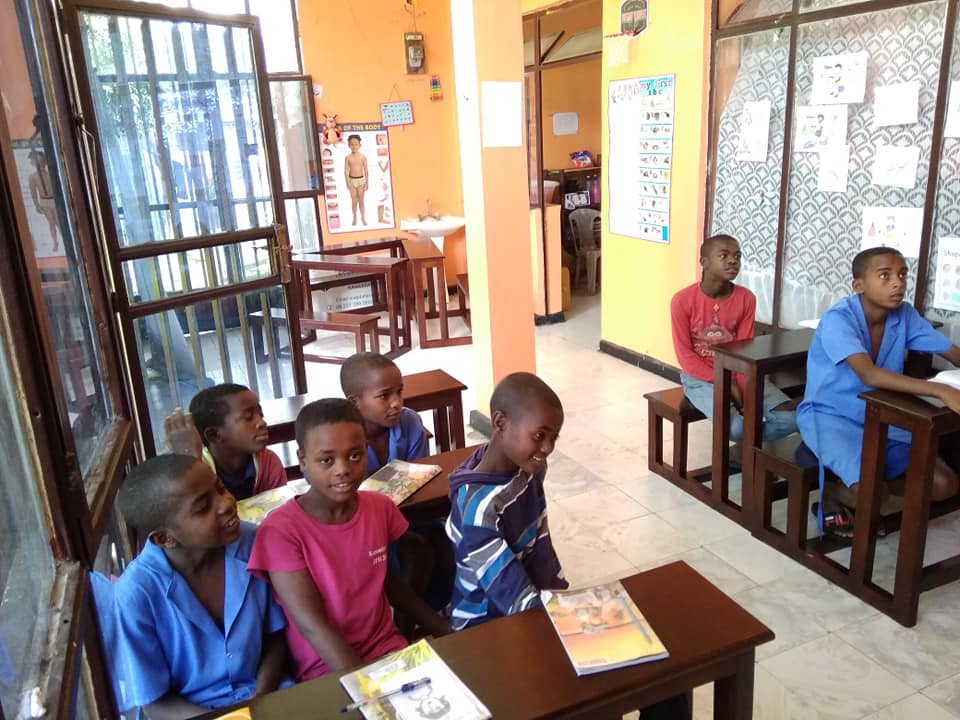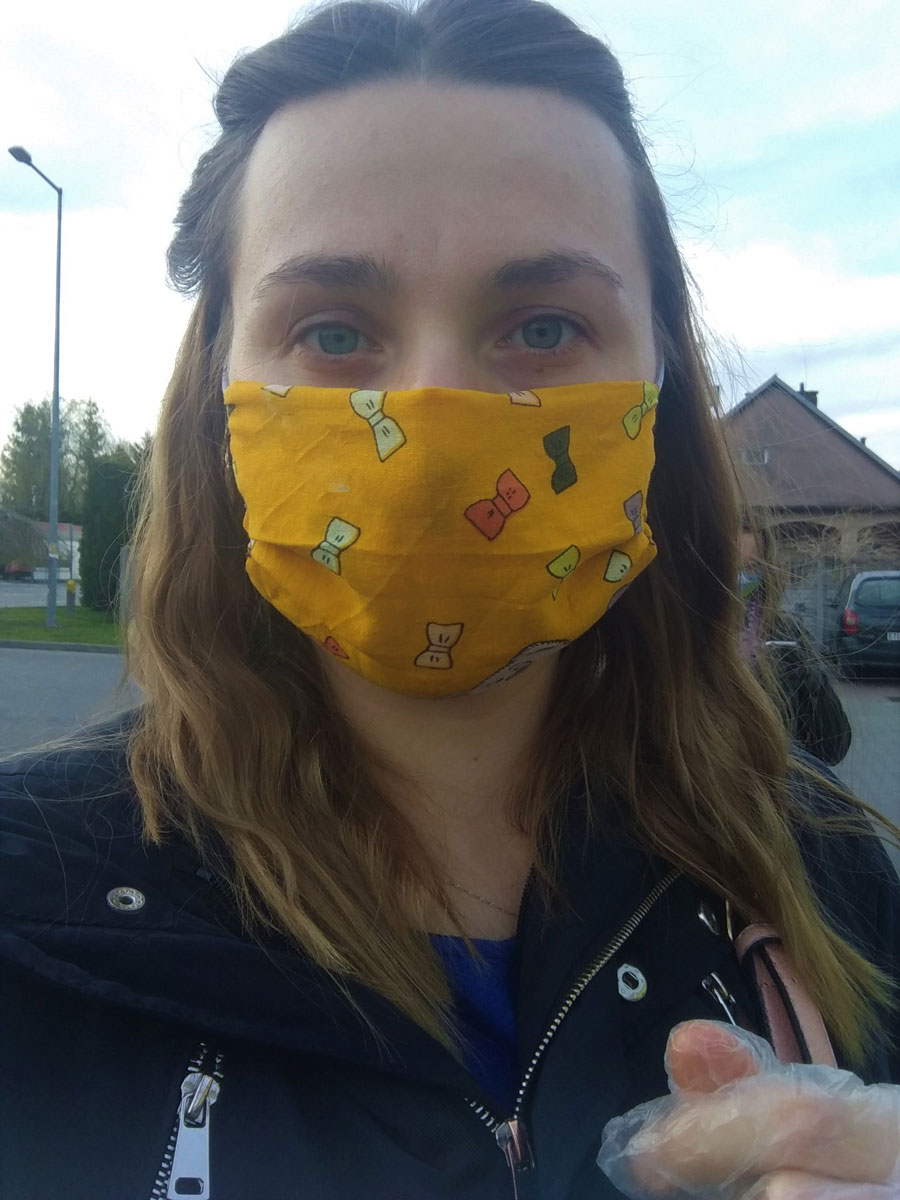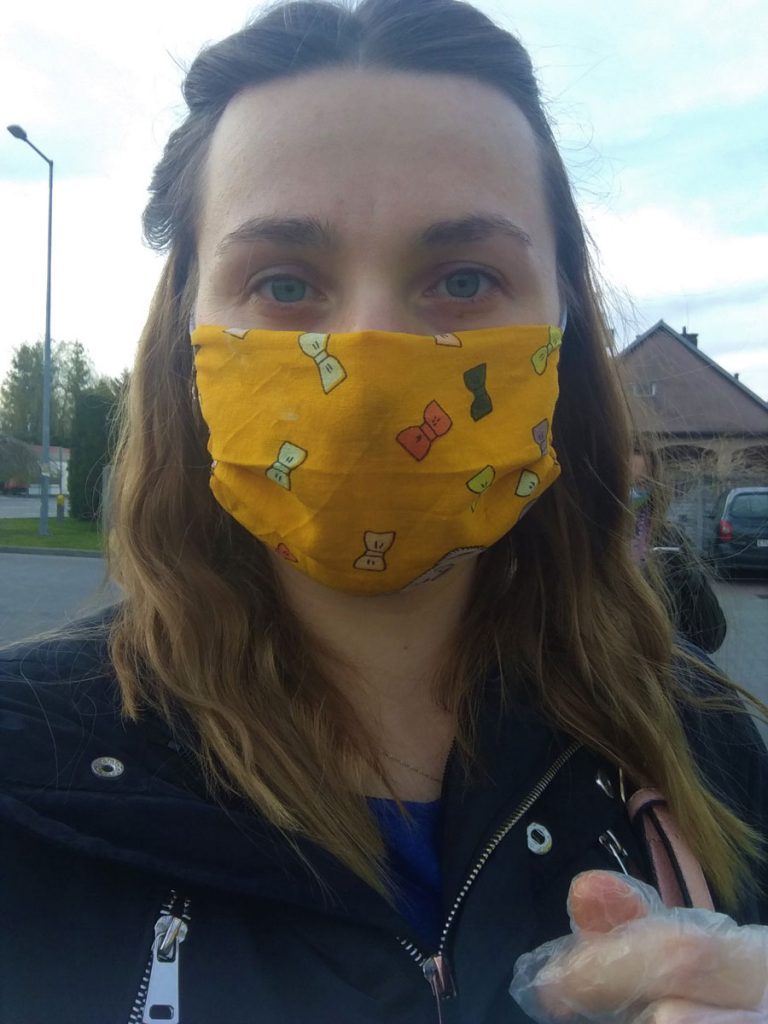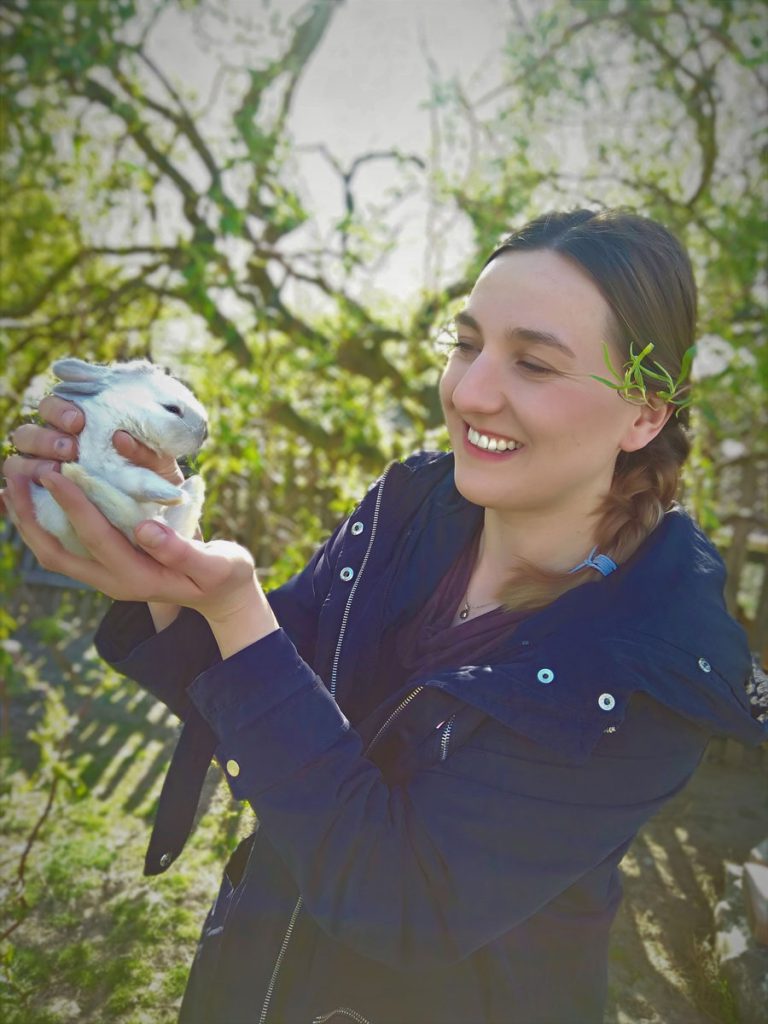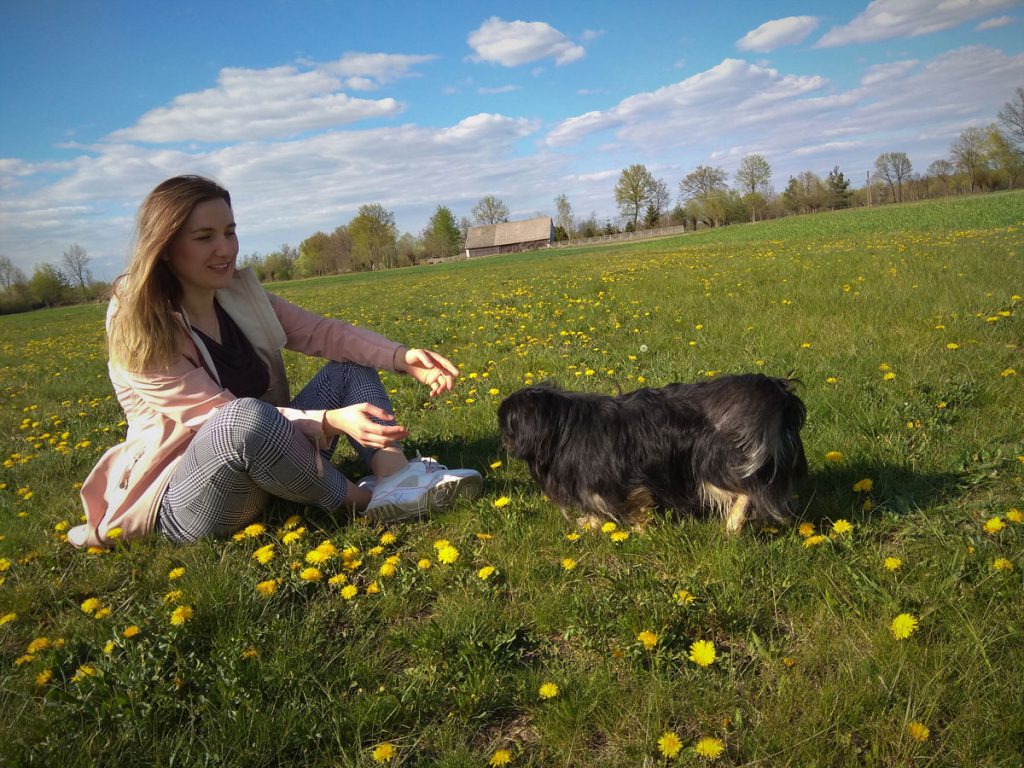From a young age, we have been interested in the world and people, and during the meetings missionaries have always told us in an interesting way that people in Africa and the world need help, support, and getting to know God.
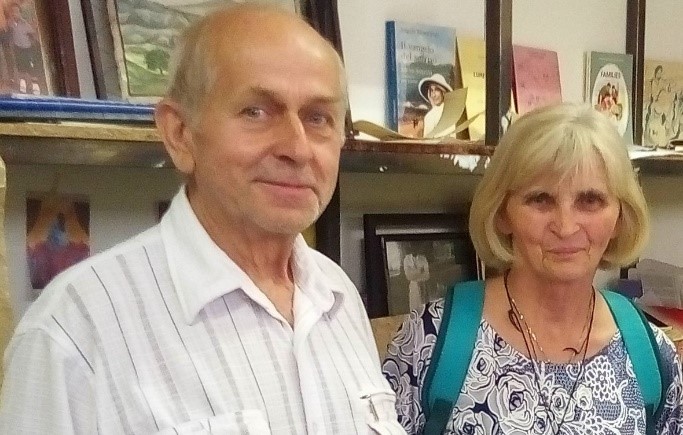
There has come a moment in our lives that we don’t have to go to work anymore, we don’t have to play with the children, the parents are gone, and we want to give something of ourselves – be useful to people. Why not join the missionaries? Why not go?
We started looking for how and who could prepare us for such a trip. There was an obstacle here – we are “too old”, preparations are for young people.
Meanwhile, Father Dawid Stelmach came to our parish as an auxiliary priest. It turned out that he was responsible for the missions in the Poznań diocese – and it went on…
Everything started to come together. Some time passed by, Fr. Dawid contacted Magda Plekan – a CLM from Poznań (for four years on missions in Ethiopia), who has not been discouraged by our age and would be happy to see us in Ethiopia, but we need to prepare. We were helped in this by the Comboni Lay Missionaries from Krakow – they are MISSIONARIES – who proclaim Christ, not only with words, but above all with their actions, attitudes, love for others, responsible performance of their duties, and in addition their domain is Africa.
We went to Ethiopia as volunteers to two centers run by Mother Teresa’s Missionaries of Charity – one in Awassa and the other one in Dire Dawa. Both centers are clinics and care centers.
We didn’t feel like strangers there, we had the impression that we didn’t travel far.
The path for a missionary is full of surprises, it is not always as we would like it to be. Sometimes the unexpected can frustrate your plans and expectations.
It turned out to be a coronavirus pandemic. We know that God protects us – He stands behind each of us, supports us and expects us to see it, trust and submit to His will.
Today we are learning the Ukrainian language, because our plans include a trip to Ukraine to Kamieniec Podolski, where we contacted the Polish priest Marcin. In May, the priest will come to Poland and asked us to go with him to Kamieniec Podolski and find out on the spot how we could find ourselves there. We hope that it will happen – it is not only up to us.
The Ukrainian language is taught by the Deacon who is in Poznań on preparation before his ordination in May this year in the Cathedral in Kamieniec Podolski.
He introduced us to the current conditions and the situation in Ukraine, customs, people’s behavior, a bit of history.
This is not Africa but Europe. Ukraine is at war with Russia and this is a very difficult and socially delicate matter for a missionary. This puts the missionary in a special situation where, in a civilized Europe, states fight each other.
Nowadays it is difficult to understand that in Europe there may again be a threat to peace.
Bogumiła and Andrzej – Comboni lay missionaries from Poland




